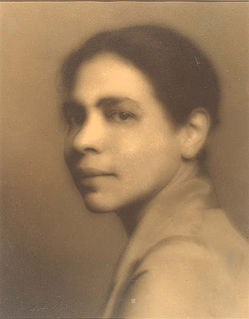A Quote by Nella Larsen
Authors do not supply imaginations.
Quote Topics
Related Quotes
Surrogate fathers and other male figures stepped in to give guidance after my dad died. Businessmen taught me to honor my commitments; others gave me opportunities beyond my wildest imaginations. Authors and speakers set good, solid examples of high standards and lofty goals for me; mature, committed Christians nurtured and instructed me.
If the rewards to authors go down, simple economics says there will be fewer authors. It's not that people won't burn with the passion to write. The number of people wanting to be novelists is probably not going to decline - but certainly the number of people who are going to be able to make a living as authors is going to dramatically decrease.
If it be true that men of strong imaginations are usually dogmatists--and I am inclined to think it is so--it ought to follow that men of weak imaginations are the reverse; in which case we should have some compensation for stupidity. But it unfortunately happens that no dogmatist is more obstinate or less open to conviction than a fool.
Teachers and librarians can be the most effective advocates for diversifying children's and young adult books. When I speak to publishers, they're going to expect me to say that I would love to see more books by Native American authors and African-American authors and Arab-American authors. But when a teacher or librarian says this to publishers, it can have a profound effect.






































